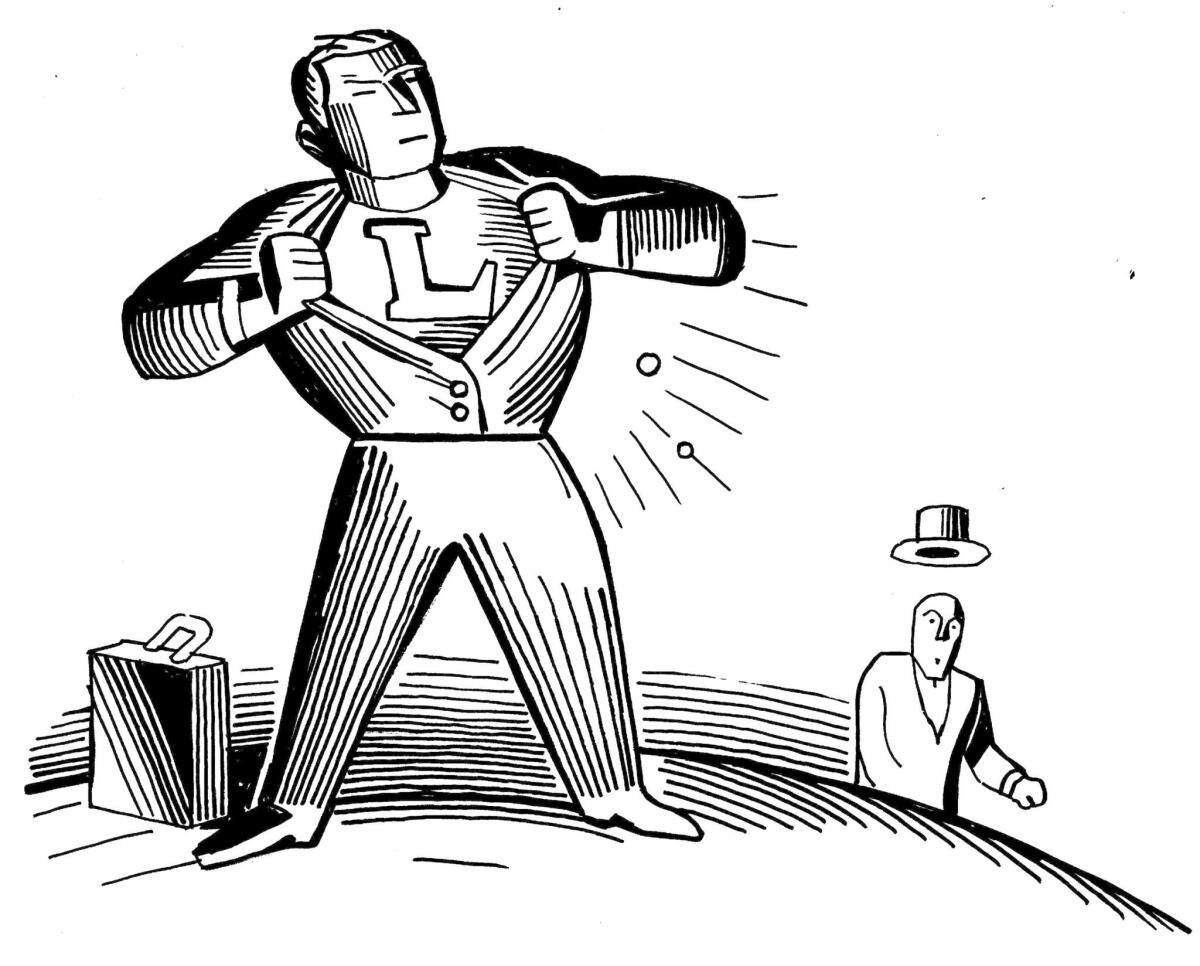A millennialâs Rolling Stone rant offers up some tired old âsolutionsâ

âIn America,â Oscar Wilde quipped, âthe young are always ready to give to those who are older than themselves the full benefits of their inexperience.â And they often do it in the pages of Rolling Stone.
Last week, the magazine posted a mini-manifesto titled âFive Economic Reforms Millennials Should Be Fighting For.â After confirming it wasnât a parody, conservative critics launched a brutal assault on its author, Jesse A. Myerson.
Myersonâs essay captures nearly everything the unconverted despise about left-wing youth culture, starting with the assumption that being authentically young requires being theatrically left wing.
BLOWBACK: A lefty millennial activist takes on columnist Jonah Goldberg
Writing with unearned familiarity and embarrassingly glib confidence in the rightness of his positions, Myerson prattles on about how âunemployment blowsâ and therefore we need âguaranteed work for everybody.â He proceeds to report that jobs âblowâ too, so we need guaranteed universal income. He has the same disdain for landlords, who âdonât really do anything to earn their money.â Which is why, Myerson writes, we need communal ownership of land, or something.
One wonders why he bothered to single out landlords, since he calls for the state appropriation of, well, everything. Why? Because âhoarders blow,â and he doesnât mean folks who refuse to throw away their Kentucky Fried Chicken buckets and old Sharper Image catalogs. He means successful people who âhoardâ the wealth that rightly belongs to all of us.
Apparently âblowingâ is an open warrant to undo the entire constitutional order. If only someone had told the founders.
PHOTO ESSAY: 5 Senate women to watch in 2014
In the ensuing kerfuffle, Myerson, whose Twitter hashtag is â#FULLCOMMUNISM,â seemed shocked that any of his ideas sounded Soviet to his critics. Andrew McCoy, a conservative blogger, offered the specific citations for Myersonâs proposals in the Soviet constitution. I suspect this was news to Myerson, but even if not, I bet he doesnât care. It is a permanent trope of the left that its ideas failed because we didnât try hard enough. This time is always different.
Obviously, this is the sort of fleeting controversy that pops up daily on the Internet like fireflies on a summer night. But thatâs what I find so interesting about it.
Sometimes it is hard for people to accept that there really arenât many new ideas. Sure, there are new policy innovations and new possibilities created by technology. But the really big ideas about how we should organize society vary between being merely antique and downright ancient. Plato argued for collective ownership of property on the grounds that it would erase social divisions. Aristotle disagreed, insisting that, âwhen everyone has a distinct interest, men will not complain of one another, and they will make more progress, because everyone will be attending to his own business.â
Interestingly, there were times when private property rights were distinctly leftish (populist is probably the better label) because they were seen as a bulwark against tyranny. Even the French revolutionaries included it in the Declaration of the Rights of Man and of the Citizen (1789). What really changes is our concept of freedom.
One of the wonderful things about America is that both the left and right are champions of freedom. The difference lies in what we mean by freedom. The left emphasizes freedom as a material good, and the right sees freedom as primarily a right rooted in individual sovereignty. For the left, freedom means âfreedom from want.â If you donât have money, healthcare, homes, cars, etc., youâre not free. Or as FDR put it when pitching his failed âEconomic Bill of Rightsâ: âNecessitous men are not free men.â
The relevance of the Sovietsâ effort to provide every goody imaginable isnât to suggest they came up with the idea, itâs to demonstrate that when such ideas are put into practice they fail â and often crush both kinds of freedom in the process.
Regardless, the failure of communism didnât put the debate to rest because the debate is eternal. Like those summer fireflies, it is a permanent fixture of the human condition, particularly among the affluent and fashionably rebellious young who are always eager to explain why this time is different.
More to Read
A cure for the common opinion
Get thought-provoking perspectives with our weekly newsletter.
You may occasionally receive promotional content from the Los Angeles Times.











